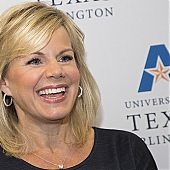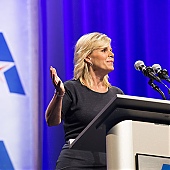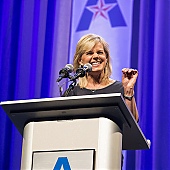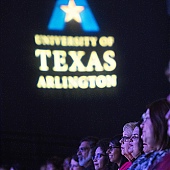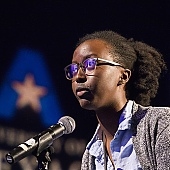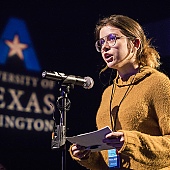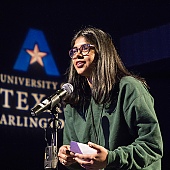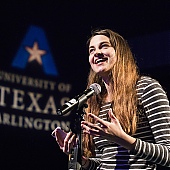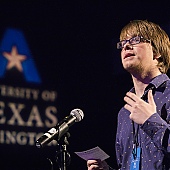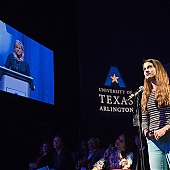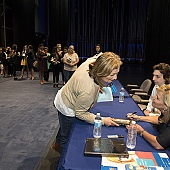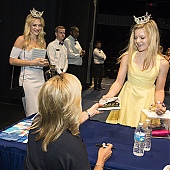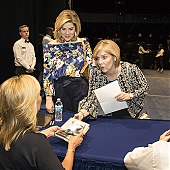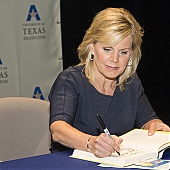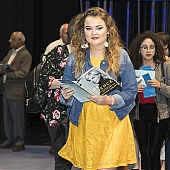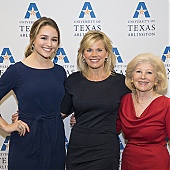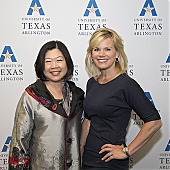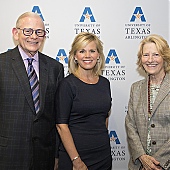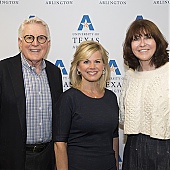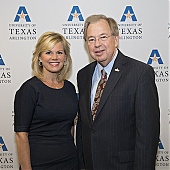William Nutt, Anthropology Graduate Student
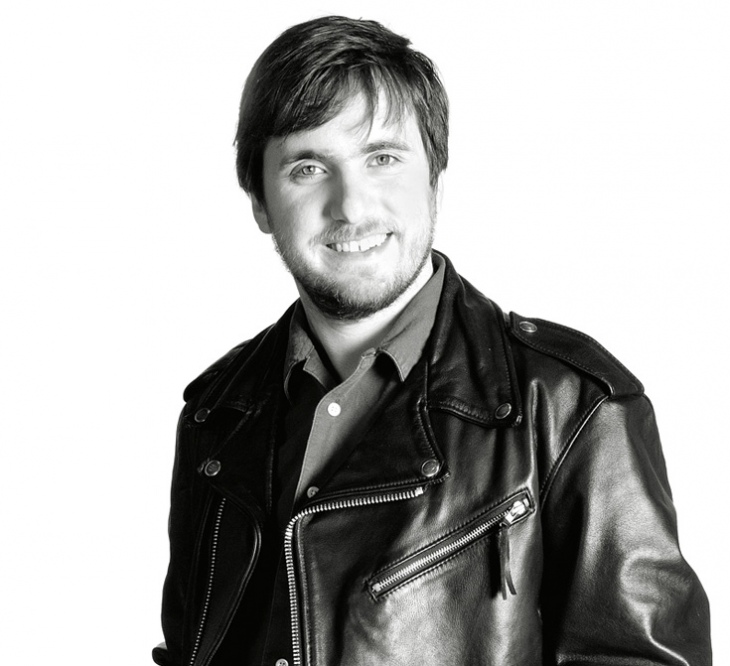
You made national headlines for an archaeological discovery. Tell us about it.
Last summer we were in field school in Italy. While there, I unearthed a fragment of a ceramic vessel that is more than 2,600 years old and is thought to be the earliest representation of childbirth in Western art.
Did you know you had made a remarkable discovery?
No. We were clearing off a very dark black layer, a big deposit with coal, mud brick, animal bones, and broken pottery. I could tell there was an incision on a piece of pottery, which was about as wide as a thumb. The trench supervisor thought it was significant enough. It went to the lab to be cleaned and looked at by a pottery specialist. This engraved piece is unique because we don’t have anything from the classical or Etruscan art with this kind of image.
You are legally blind. Explain what that means.
I have cone and rod degeneration. I pick up visual signals and light but not enough, and light is painful. I use a cane to walk, and I am fortunate to have a wonderful wife who helps me out.
Is your vision a hindrance in your work?
While I do rely on visual signals, the overall impact on me as a scholar is negligible. While in Italy, we found ways that I could fully participate and not worry about compromising the dig. When excavating with other people, you are helping each other, verifying for each other, and making judgments for each other. Most of my work was done through touch and feel, whether through the texture of the soil or other things. We were taught to feel as well as look at items.
As a kid, did you dig up the backyard looking for dinosaur bones?
I was a paleontologist when I was very young, then I got interested in human history, which is more compelling to me than dinosaurs. But you can’t debate the coolness of Tyrannosaurus rex.
How did you become interested in archaeology?
For a while I wasn’t sure what I wanted, so I bounced between majors in English and history. I was one course away from an English degree when I took a course with Dr. Karl Petruso. My wife, Hannah, was an English major and in the class, too. It felt like a calling, so we both changed majors.
What makes archaeology exciting?
Archaeology is hands-on. You’re getting fragments and putting them together like a puzzle. It’s very exciting to be the first person in several thousands of years to hold something.
What’s next on your academic agenda?
My thesis is in conjunction with a National Science Foundation graduate research fellowship. I’m experimenting with the idea of getting an MBA and took an accounting course to get my feet wet. I’ll do that before seeking a Ph.D.
How will you put your degrees to work?
I’m torn between going to work at a museum, administration, research, and getting a doctorate.
